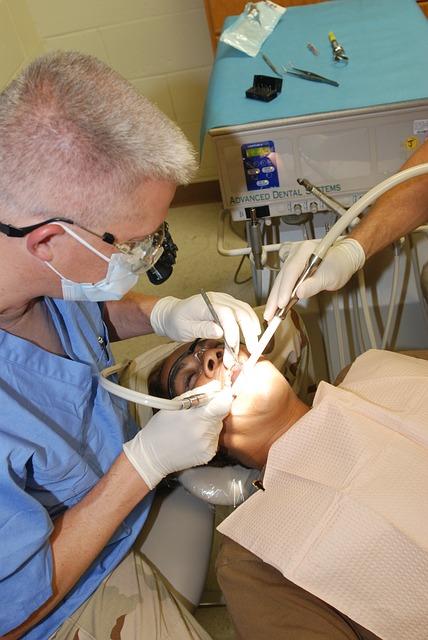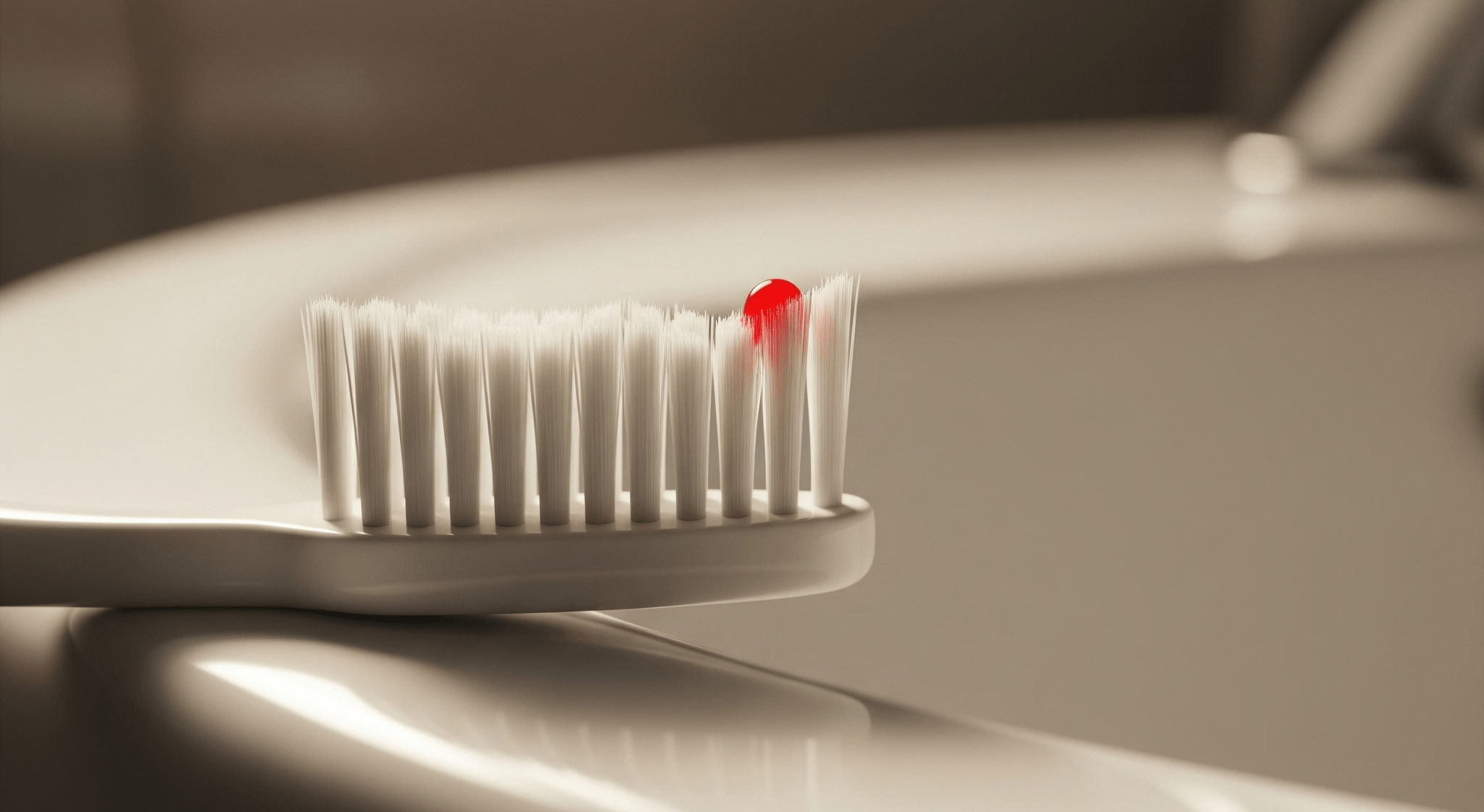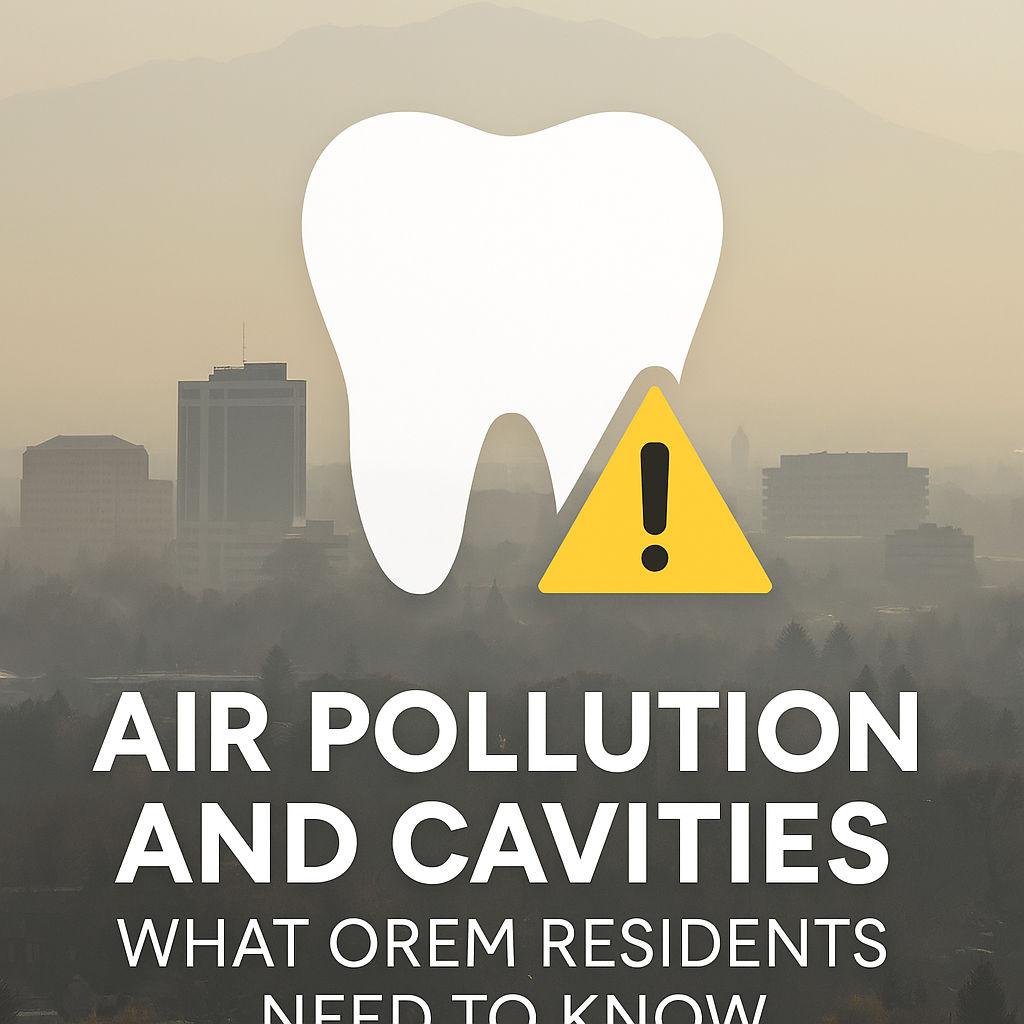Blog Highlights:
- Anesthesia is safe, but, as with any form of medication, there can be some side effects
- Typically a local anesthetic lasts for only a few hours
- It is important not to mix certain medicines with anesthesia as there can be adverse reactions
It is common to receive anesthesia before undergoing dental procedures such as a tooth extraction, root canal, or cavity filling. Anesthesia is safe, but, as with any form of medication, there can be some side effects. It is important to know how to be safe and what to expect in terms of local anesthesia.
Expectation
Typically a local anesthetic lasts for only a few hours. The only thing you should be aware of is a couple of hours of lingering numbness. Once you leave the dentist’s office, you should wait to eat until complete feeling returns to your mouth. If you eat while part or all of your mouth is still numb, you may unintentionally injure yourself.
Allergies
Sometimes a person may be allergic to the anesthetic. Before your procedure, make sure you inform your dentist of any allergic reactions you have had to medications in the past. Also be sure to let your dentist know of any other medications, including over-the-counter drugs and vitamins, that you may take. It is important not to mix certain medicines with anesthesia as there can be adverse reactions.
Children
If your child requires anesthesia, don’t worry. Anesthesia is safe for both adults and children. In fact, children may be administered stronger forms of anesthesia due to their inability to sit still for long periods of time.
Pregnancy
Most dentists recommend postponing any major dental work until after the baby is born. If the dental procedure can’t wait, it is best to avoid anesthesia in the first trimester and wait to have the treatment done in the later months of your pregnancy.
Possible Side Effects
On rare occasions, a patient may experience side effects from local anesthesia in addition to the two or three hours of lingering numbness. Sometimes a local anesthesia will affect a larger area. Your cheek or nose may go numb or your eyelid or mouth might droop. This is temporary and your face will return to normal once the anesthetic is out of your system.
When the dentist administers the anesthetic he may hit a blood vessel. If this happens, you may develop a hematoma. The area will swell with blood and could be painful. In other cases, a nerve may be injured during the injection of the anesthesia. This can cause pain and even numbness in the area for a few weeks to several months; however, with time the nerve will slowly heal and you should recover normal feeling once again.
Some patients may experience an increase in their heart rate. Though it typically only lasts a minute or two, if this happens it is very important to tell your doctor.





